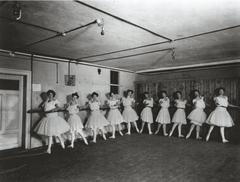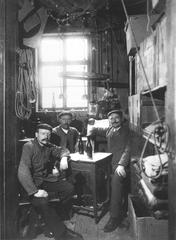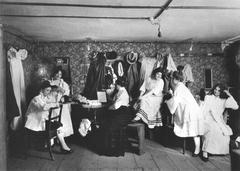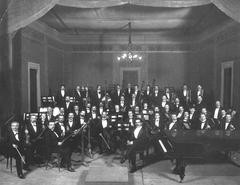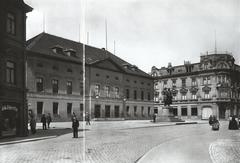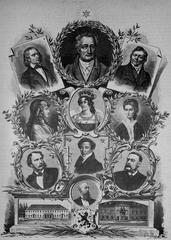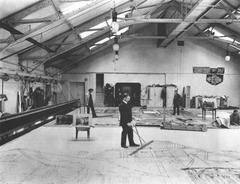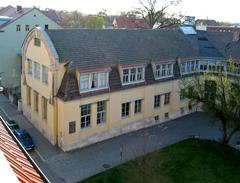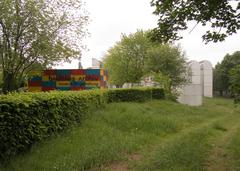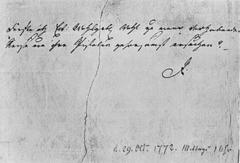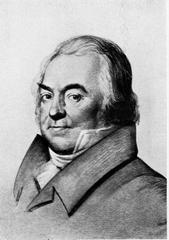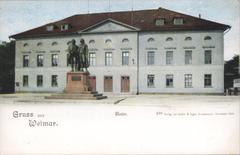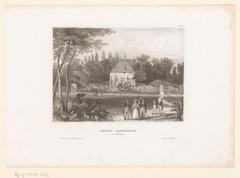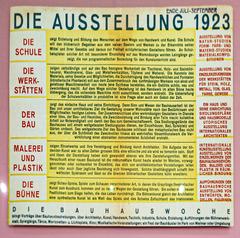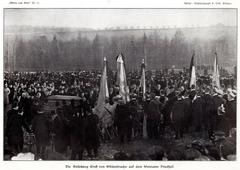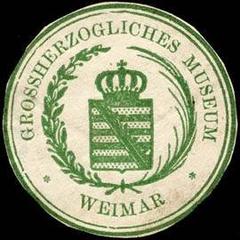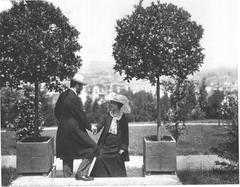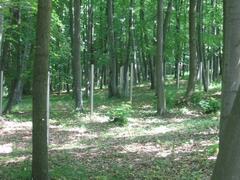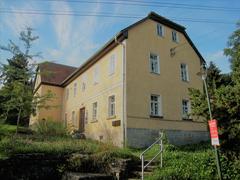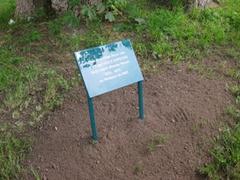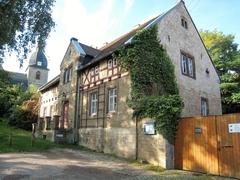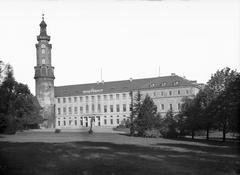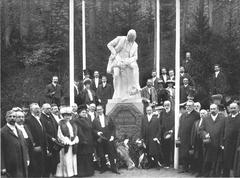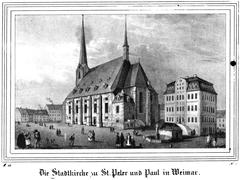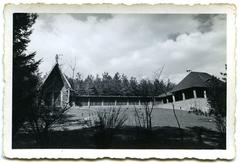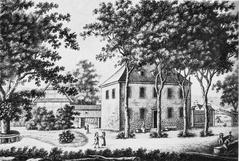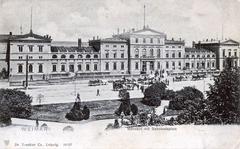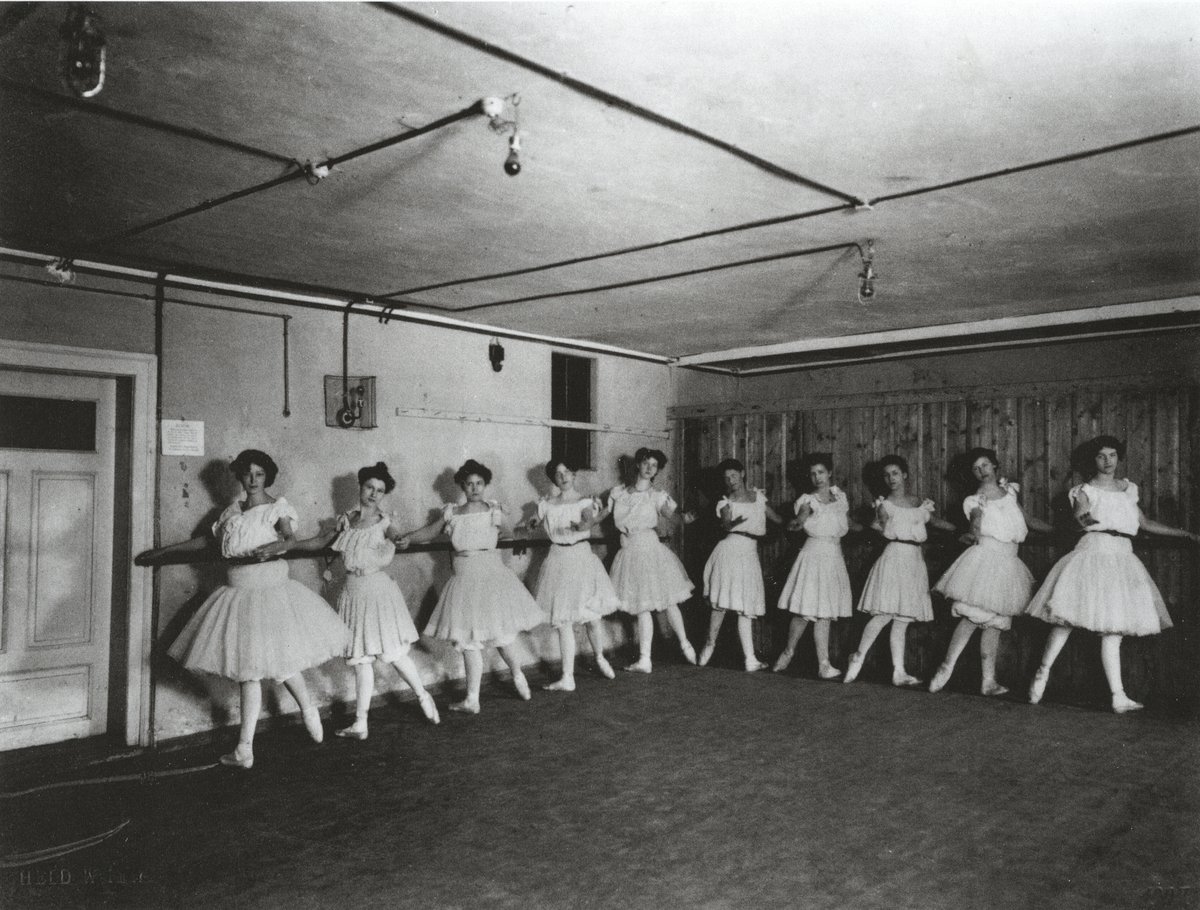
Deutsches Nationaltheater und Staatskapelle Weimar: Visiting Hours, Tickets, and Historical Significance in Weimar, Germany
Date: 14/06/2025
Introduction
The Deutsches Nationaltheater und Staatskapelle Weimar (DNT) stands as a testament to Germany’s enduring cultural and democratic heritage. Renowned for its pivotal role in shaping German Classicism, its historic architecture, and as the birthplace of the Weimar Republic, DNT Weimar offers visitors a compelling journey through centuries of artistic innovation and historical milestones. Supported by the acclaimed Staatskapelle Weimar orchestra—one of the world’s oldest—today’s DNT is a vibrant venue featuring opera, drama, concerts, and contemporary performances. This guide provides a detailed overview of DNT’s history, architectural highlights, current season programming, practical visitor information, and travel tips for making the most of your visit (DNT History, DNT 2024/2025 Season, Travelwriticus).
Historical Overview
Foundations and Early Development
Founded as a court orchestra in 1491, the Staatskapelle Weimar is among the oldest orchestras worldwide. Its permanent home in Weimar was established in 1602, laying the groundwork for a centuries-long musical tradition (Staatskapelle Weimar History). The theater’s dramatic legacy began in 1791 under Johann Wolfgang von Goethe, whose leadership brought Weimar Classicism to the stage, premiering works by Goethe and Friedrich Schiller (DNT Historie).
19th Century Flourishing
The DNT attracted luminaries like Johann Nepomuk Hummel and Franz Liszt, with Liszt leading the world premiere of Wagner’s “Lohengrin” in 1850. Richard Strauss continued this legacy, premiering his own compositions during his tenure (Staatskapelle Weimar History).
Architectural Transformation
After the outdated Hoftheater was demolished in 1906–1907, architect Max Littmann designed the current neoclassical building, inaugurated in 1908. The structure features a grand portico and elegant foyer, symbolizing Weimar’s artistic stature (DNT Historie).
The Weimar Republic and Political Significance
In 1919, the DNT hosted the German National Assembly, where the Weimar Constitution was drafted and adopted—a milestone in German democracy. A commemorative plaque on the façade marks this pivotal event (DNT Historie).
The Nazi Era and World War II
During the Third Reich, the theater was used for propaganda and underwent remodeling. It suffered extensive damage in a 1945 bombing, leaving only the façade and foyer (DNT Historie).
Reconstruction and the GDR Era
Rebuilding began in 1946, with the theater reopening in 1948. A major renovation in the 1970s modernized the auditorium, ensuring optimal acoustics and accessibility (DNT Historie).
Modern Preservation and the Staatskapelle’s Legacy
Post-reunification restoration preserved the building’s historical character. The Staatskapelle Weimar, revitalized after WWII, continues to perform globally and collaborate with leading artists (Staatskapelle Weimar History).
Architectural Character and Venues
Großes Haus (Main House)
The Großes Haus seats approximately 850 and is the main stage for opera, symphonic concerts, and major theatrical productions. Its neoclassical façade and lavish interior exemplify early 20th-century design (Travelwriticus.com).
Studiobühne and Other Spaces
The Studiobühne, under the theater’s roof, hosts contemporary and experimental performances. The Foyer is used for readings and chamber concerts, while E-Werk Weimar and Weimarhalle serve as additional venues for interdisciplinary projects and large symphonic events (Kunstfest Weimar, Operabase).
Accessibility
All main venues are wheelchair accessible, with elevators, designated seating, and assistive listening devices. Visitors with special needs are encouraged to contact the theater in advance for tailored support.
2024/2025 Season Highlights
Opera and Music Theater
- Die Passagierin by Mieczysław Weinberg: A powerful opera confronting Holocaust legacies, premiering April 2025 (Opera Squirrel Review).
- Die Prinzessin von Trapezunt by Jacques Offenbach and Leuchtende Sterne (Puccini gala).
- Youth operas like Kuckuck im Koffer and Räuber Hotzenplotz (DNT Weimar Spielplan).
Drama and Contemporary Theater
- Shakespeare’s Othello at the Redoute.
- Dürrenmatt’s Der Besuch der alten Dame and Annie Ernaux’s Die Jahre.
- Premieres such as Treuhandkriegspanorama by Thomas Freyer (DNT Weimar Spielplan).
Concerts, Talks, and Special Events
The Staatskapelle anchors symphonic and chamber concerts. Events like Groove Symphony fuse classical and electronic music, while Foyergespräche partner with the Institut für Demokratie und Zivilgesellschaft Jena for discussions on democracy (DNT Weimar Spielplan).
Family and Youth Programming
DNT Weimar offers children’s operas, family plays, and innovative audiowalks exploring the city’s history (DNT Weimar Spielplan).
Visitor Information
Opening Hours
- Box Office: Monday–Friday 10:00–18:00, Saturday 10:00–14:00, and one hour before performances.
- Performances: Typically evenings, with matinees on weekends. Exact times vary by event (Weimar.de – DNT, DNT website).
Tickets
- Prices: €10–€50+ depending on event and seating.
- Discounts: For students, seniors, groups, and families.
- Purchase: Online (DNT Weimar website), by phone (+49 3643 755 334), or in person.
- Advance Booking: Strongly advised for popular shows and festival periods (Thüringen Info).
Guided Tours
Regular guided tours provide behind-the-scenes access and are bookable via visitor services. Check the official website for current schedules.
Accessibility
Wheelchair access, assistive listening devices, and barrier-free restrooms are available. Contact the theater in advance for specific needs.
Photography
Photography is permitted in public areas but prohibited during performances.
Travel Tips and Nearby Attractions
- Transport: Weimar is easily accessible by train; the theater is a short walk from the main station. Parking nearby is limited, so public transport or walking is recommended.
- Local Attractions: Adjacent to the theater is the Goethe-Schiller monument. The Goethe National Museum, Schiller Museum, Bauhaus Museum, and Weimar’s UNESCO-listed city center are all within walking distance (Kunstfest Weimar).
- Dining: The theater’s foyer offers refreshments during intermissions. Numerous cafés and restaurants nearby serve local and international cuisine.
Frequently Asked Questions (FAQ)
Q: What are the DNT Weimar opening hours?
A: Box office is open Monday–Friday 10:00–18:00, Saturday 10:00–14:00, and one hour before performances. Performance times vary; check the official website.
Q: How can I buy tickets?
A: Online, by phone (+49 3643 755 334), or at the box office. Advance booking is recommended (DNT Weimar website).
Q: Is the theater wheelchair accessible?
A: Yes, with step-free access, elevators, and accessible restrooms.
Q: Are guided tours offered?
A: Yes, check the official website for schedules.
Q: Can I take photos inside?
A: Only in public areas, not during performances.
Conclusion
The Deutsches Nationaltheater und Staatskapelle Weimar is a cornerstone of Germany’s cultural and democratic identity. Its neoclassical architecture, legacy of iconic artists, and role in German history offer a rich experience for every visitor. With a dynamic program spanning opera, drama, and concerts, accessible facilities, guided tours, and a central location near Weimar’s major historical sites, DNT Weimar is a must-visit. For the latest updates, tickets, and event details, consult the official DNT website.
Call to Action
Plan your visit today! Download the Audiala app for up-to-date program information, ticketing, and exclusive content. Follow DNT Weimar on social media to stay connected with news and behind-the-scenes insights. Immerse yourself in the cultural and historical magic of Weimar’s Deutsches Nationaltheater und Staatskapelle.
References
- Deutsches Nationaltheater Weimar: History, Tickets, and Tips, 2024
- Visiting the Deutsches Nationaltheater und Staatskapelle Weimar: Hours, Tickets, and Historical Highlights, 2024
- Visiting the Deutsches Nationaltheater Weimar: Architecture, Tickets, and Visitor Guide, 2024
- DNT Weimar 2024/2025 Season: Visiting Hours, Tickets & Performance Highlights, 2024
- Thüringen Info: Deutsches Nationaltheater Weimar, 2024
- Kunstfest Weimar: Venues
- Operabase – DNT Weimar
- Opera Squirrel Review: Die Passagierin
- Citysam: DNT Weimar
